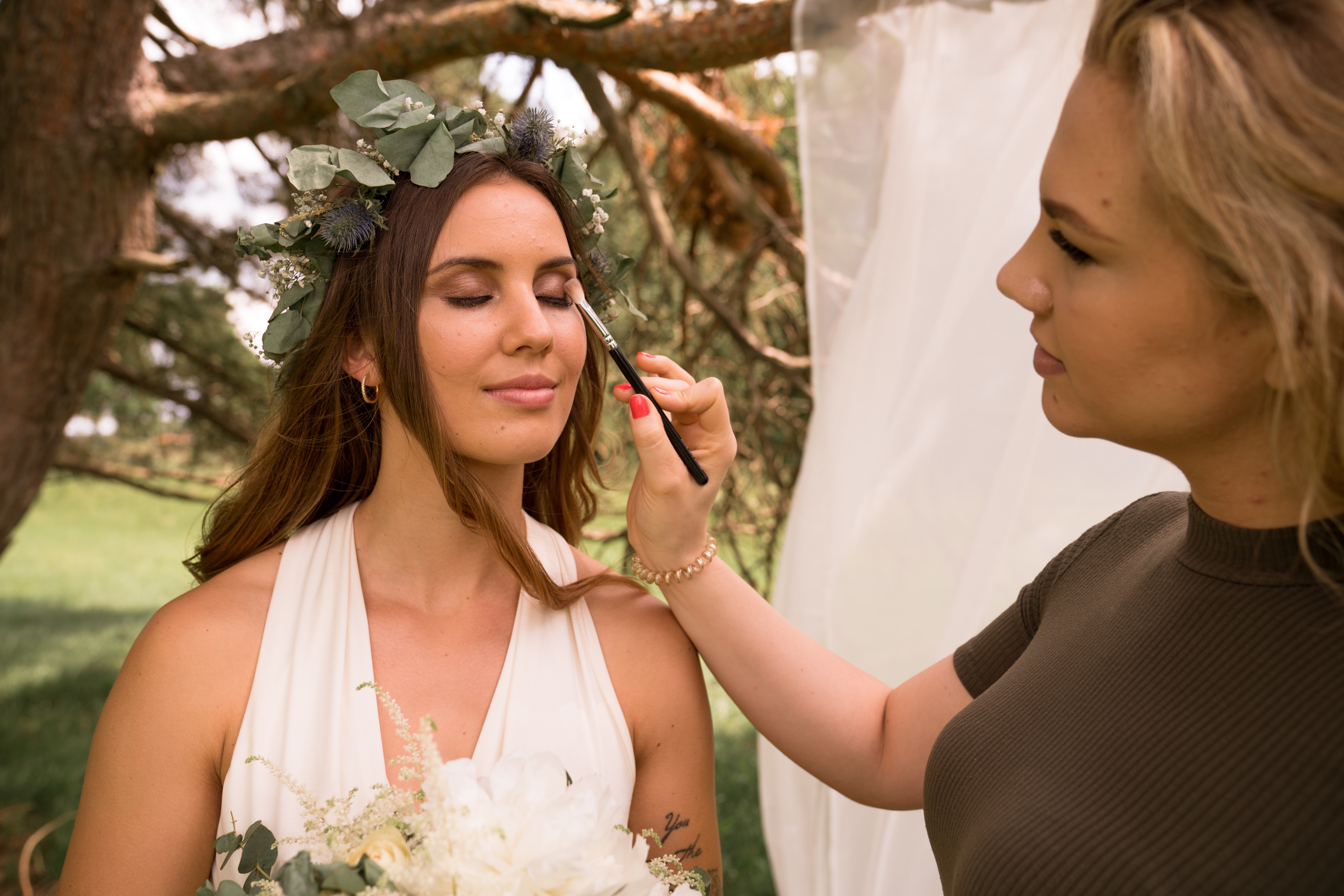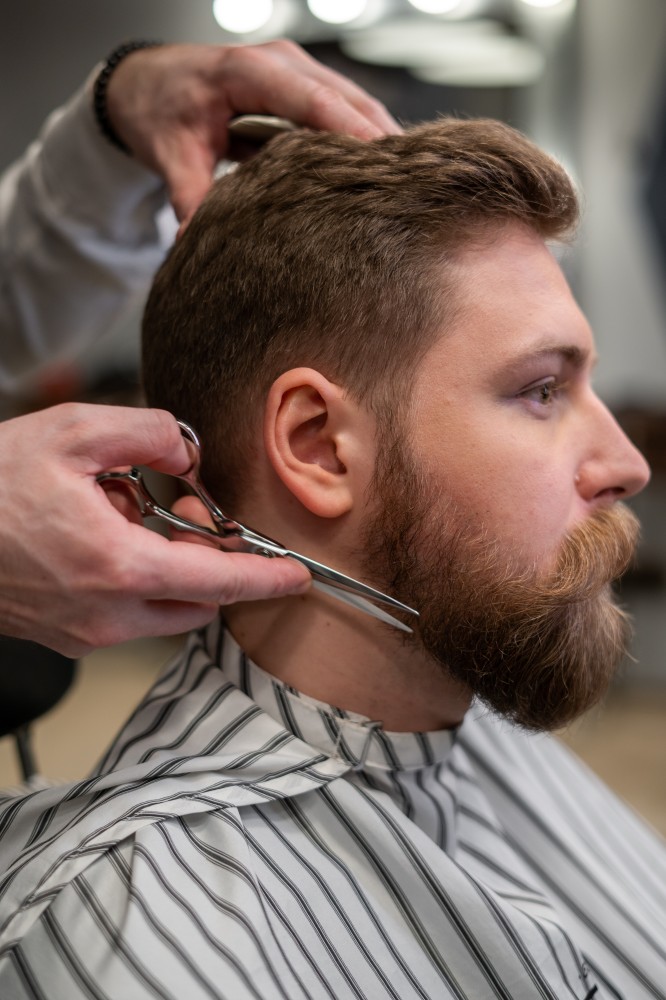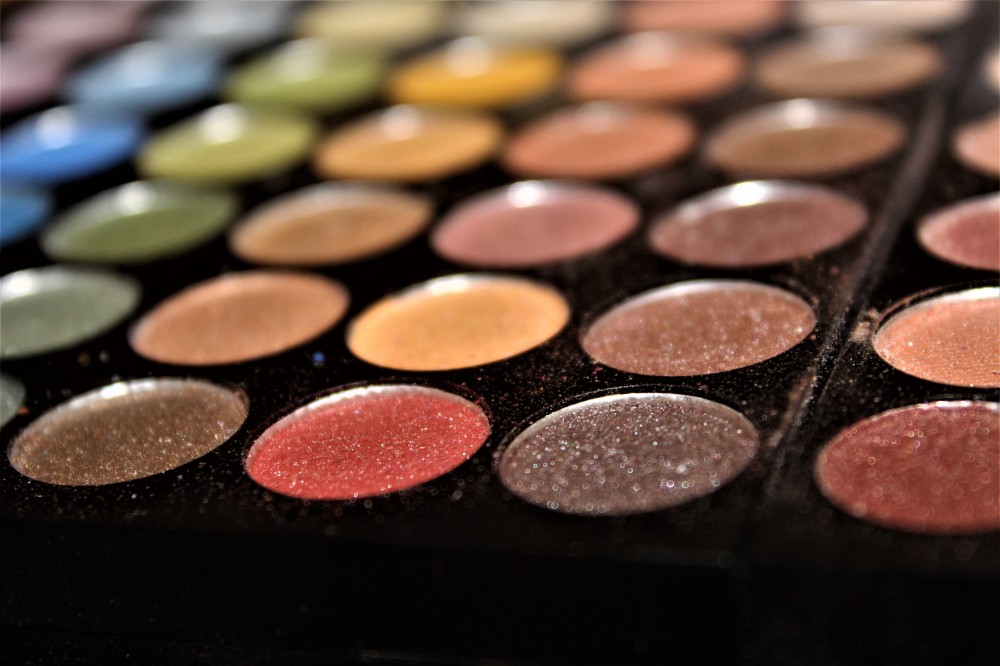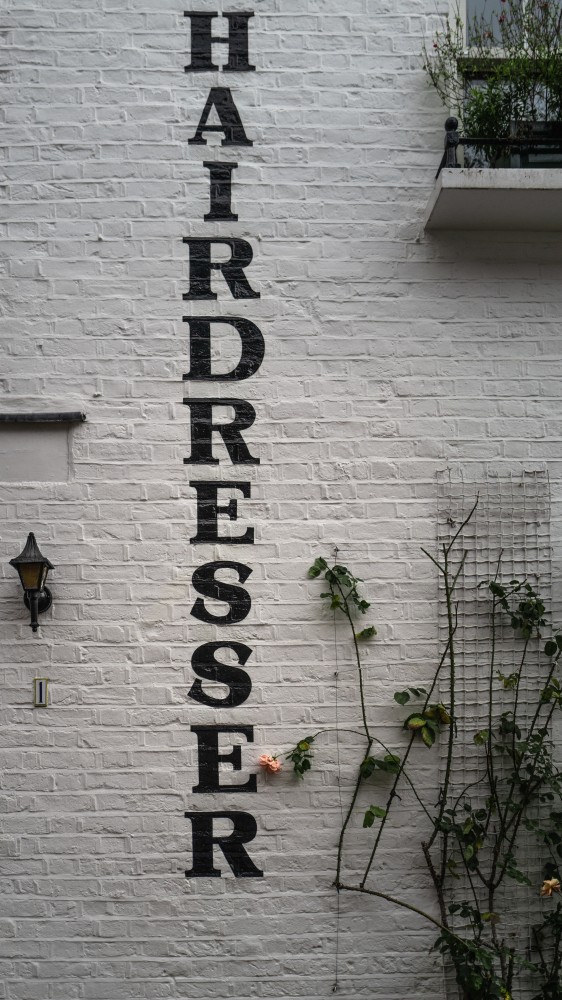Fast beauty, cheap and deadly!
Just like fast fashion, fast beauty is harmful to people, wildlife, and the planet and its affects are being seen all over the world.
The choices we make can and will make a difference.
Cruelty Free & VeganWhy harm animals and nature in the name of beauty when we don't need to. There are a number of brands out there that are both vegan and cruelty free, so take your time to find an ethical and eco beauty brand. | |
Choose a sustainable teamChoose a hair&beauty team that take sustainability and the environment seriously. Check what products they use and what they do with their waste. | |
Plastic FreeAs with most things, try to avoid plastic where possible. If this isn't possible look for plastics that can be recycled rather than single use plastic. | |
Multi-purpose productsA blush that doubles up as a lip colour, a priming moisturiser these multi-purpose products not only save room in your make-up bag but less products means less impact on the environment. Remember to choose vegan and cruelty free. | |
Reusable not disposableChoose reusable over disposable. This is becoming easier with more and more products offering reusable alternatives, from face wipes, cotton buds and razors. Many shops also offer refill services, allow you to fill up on everything from shampoo, soap, deodorant and moisturiser. | |
Be aware of ingredientsChecking the ingredients in your beauty products is really important. Not only are a lot of ingredients extracted from animals they can also contain micro-plastics. Micro-plastics don't biodegrade and are harmful to aquatic life, and is making an impact when excess products are washed down the drain. Choosing products that contain natural, vegan and cruelty free ingredients will not only benefit the environment but will be better for you too. Below are some common ingredients you should look out for when picking your products.
|




Eco-celebrations > Clothing > Flowers > Food&Drink > Venue > Travel > Stationery > Decor > Favours >Gifts > Honeymoons > Jewellery&Accessories
